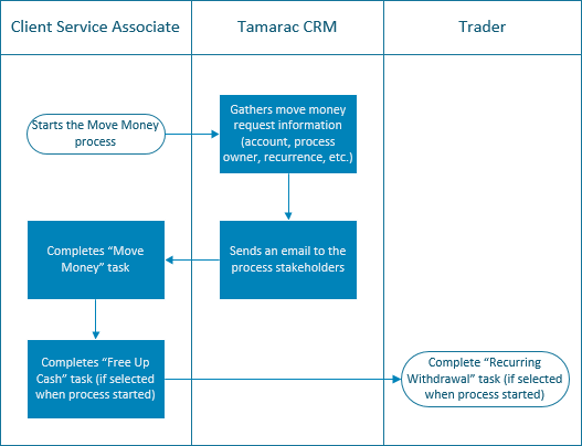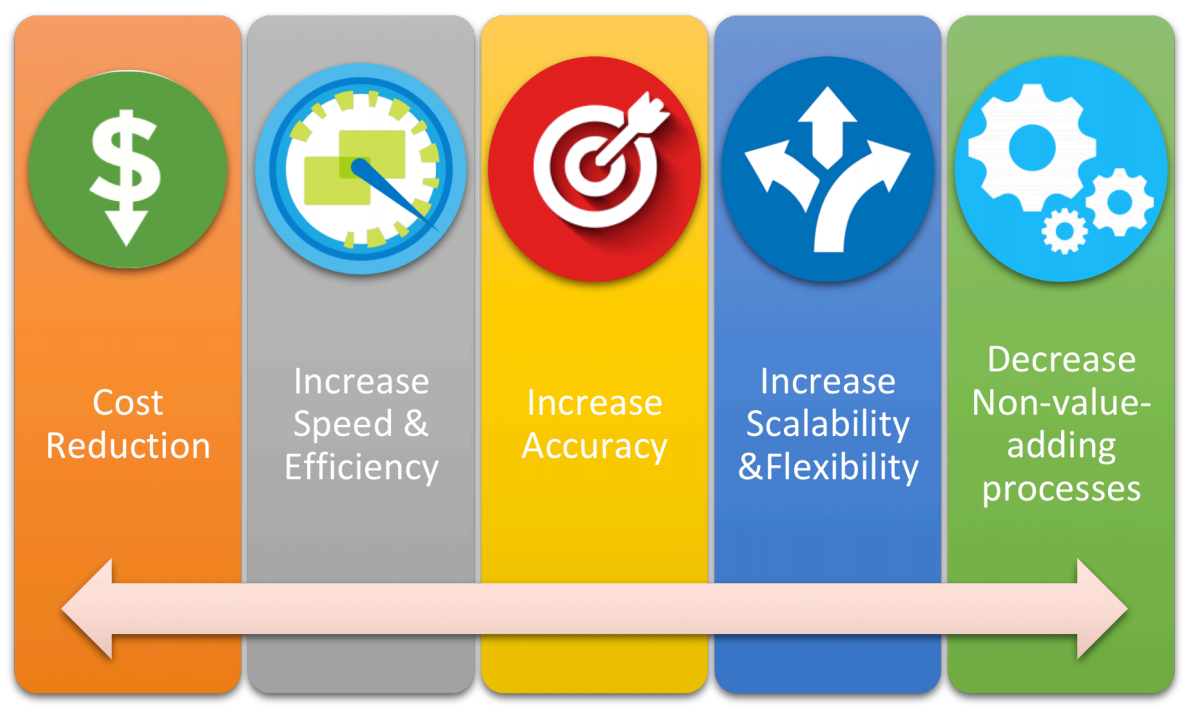

Data entry tasks are classic examples of such labour-intensive and potentially dull tasks. The American Psychological Association reports that even brief mental blocks created by shifting between tasks can cost as much as 40 percent of an individual's productive time, which leads to a loss of employee morale and productivity. However, in recent times, the advent of AI and ML techniques has also enabled the automation of decision-making tasks.
Automated business processes manual#
Automated business processes professional#
In the professional domain, task automation involves digitizing the mission-critical core processes of the business. For example, Alexa, Siri, and Google Assistant are now part of our lives, and automation tools are used in banking, home management, education, and entertainment. Task automation tools are ubiquitous today and have eased personal and professional activities. In the digital era, task automation refers to the use of software-enabled hardware to reduce the manual processing of tasks to enhance the efficiency of processes and productivity of enterprises. With the advent of the digital revolution, task automation has become pervasive in personal and professional spheres. Since then, humans have been at the forefront of automating tasks. The wheel seemed like a good idea, and they may have been the first task automation expert in human history.

Sometime in the fourth millennium BCE, someone in Mesopotamia decided that walking was overrated and there must be some way to create value from the activity.

Download the expert's guide to Task Automation now!


 0 kommentar(er)
0 kommentar(er)
